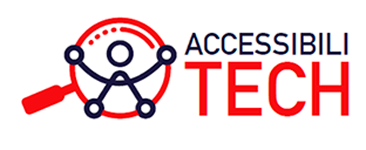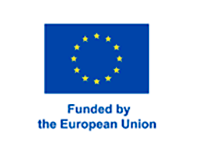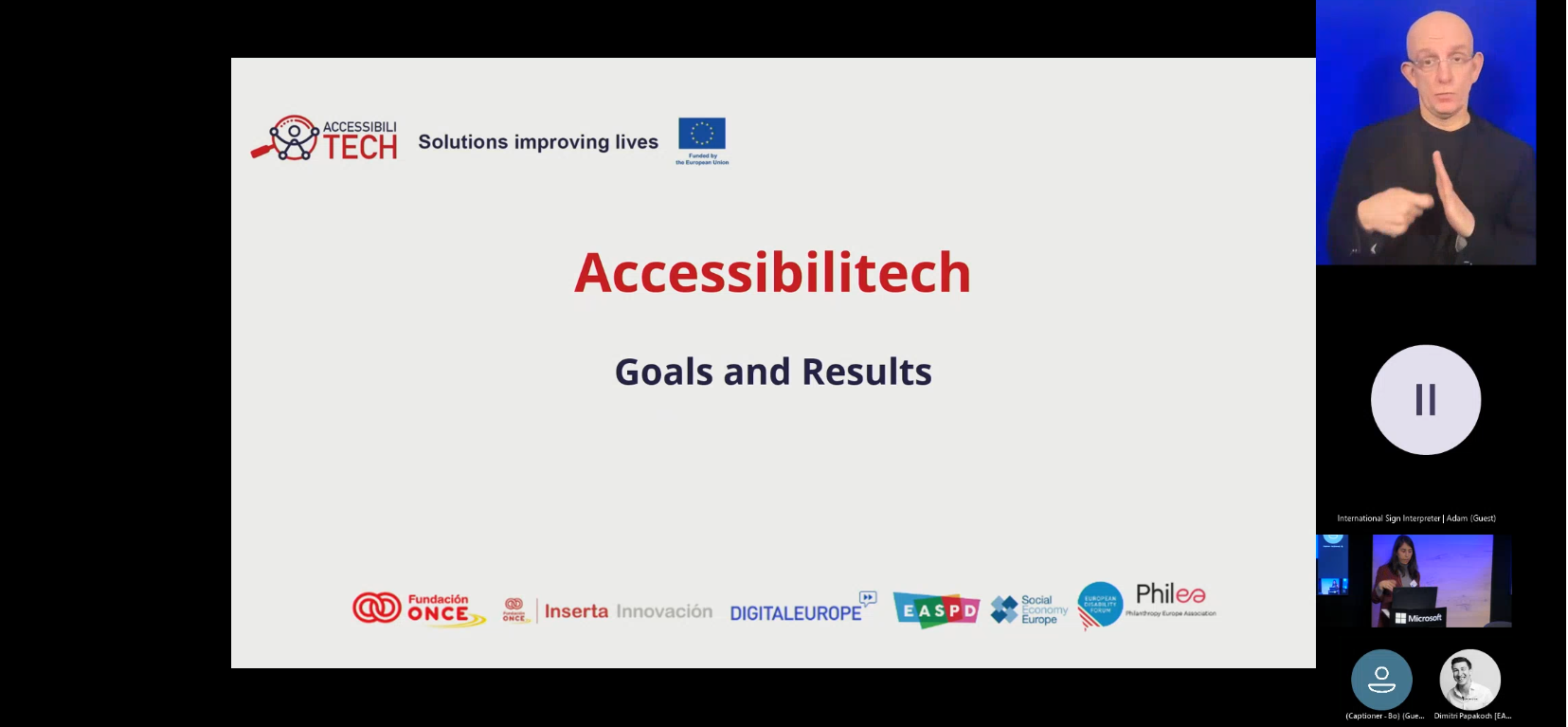Final Conference recorded sessions are available in the project’s event page
Accessibilitech project held its final conference on 18 January 2023 at the Microsoft Centre in Brussels. The event was attended by several accessibility experts and professionals.
The conference aimed to provide a space for discussing accessibility issues, presenting good practices and raising awareness about the importance of complying with the EU legislation on accessibility.
The event was divided in several panels where experts and professionals discussed different issues regarding accessibility.
In the panel “Accessibility, digital divide, and skills” speakers debated about the need to make technology more accessible, and to bridge the digital gap for persons with disabilities. They also highlighted the importance of standardisation and develop more awareness-raising actions.
“Accessibility in telework, eLearning and telecare” panel revolved around the need to develop training opportunities for people to learn about how to use available teleworking tools, and how to find new solutions.
The panel also discussed the challenges in assessing the individual needs of every student to provide greater support. Regarding Telecare it was stressed that accessibility in delivering healthcare requires a political implication. According to the speakers, delivering this type of care through technology requires series analysis on the accessibility of traditional services.
Speakers on the panel Digital Transition and the Future of Accessible Technology talked about what businesses and services providers needed to do to successfully implement accessibility when designing products, features and tools that work for as many people as possible.
The conference was closed by Inmaculada Placencia, Senior Expert in the Unit for Inclusion of Persons with Disabilities in the European Commission who presented the concluding remarks of the conference and highlighted that the Accessibilitech project and the conference has confirmed some of the challenges that we face in Europe to ensure accessibility for persons with disabilities.


